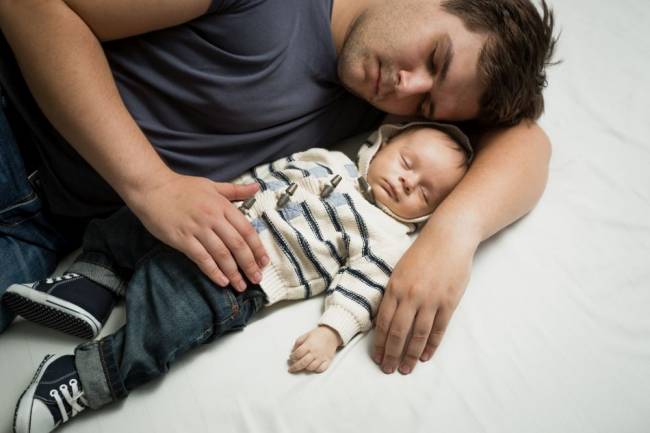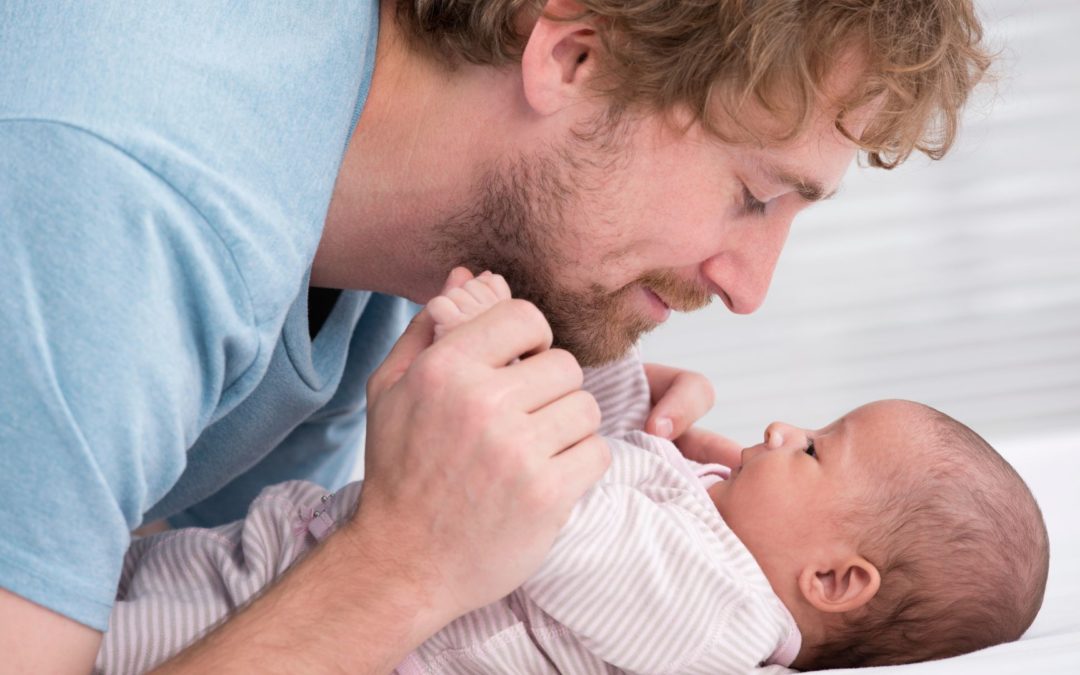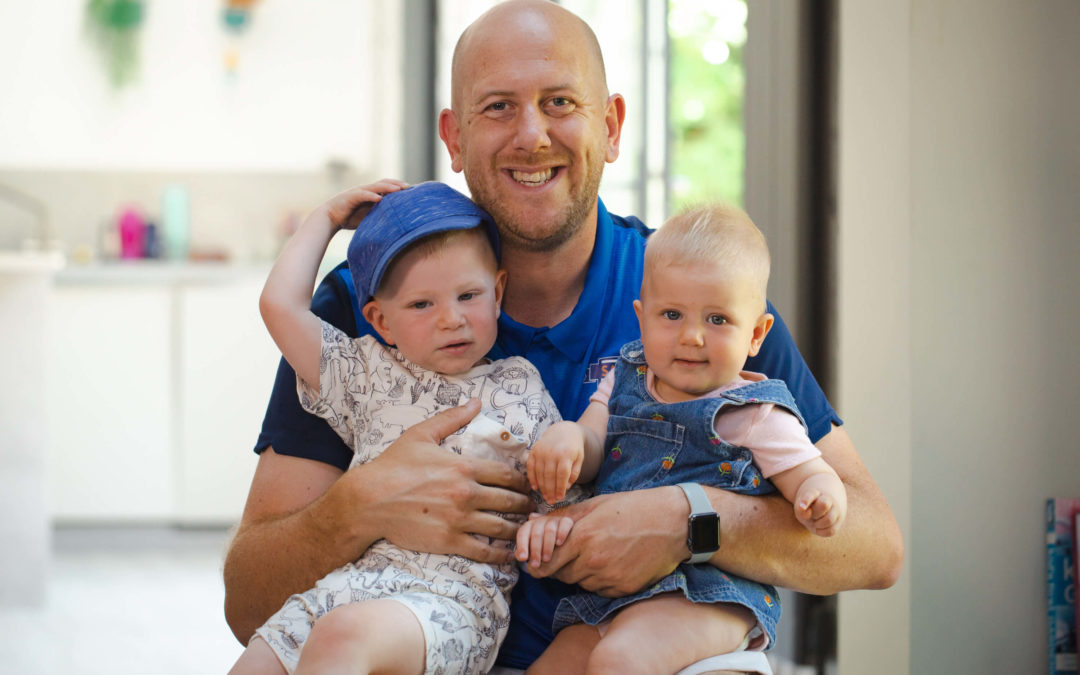One of the things that people love to tell expectant parents is how little sleep they will soon be getting… and certainly most new parents will tell you that they are feeling pretty sleep deprived! You might be forgiven for thinking that babies do not sleep much at all from hearing all of this – but it isn’t that simple – babies DO sleep, but they are not mini-adults and so the patterns in which they sleep are very different from what we are used to…
What is normal for newborn babies when it comes to sleep?
Well, first up, all babies are different. When it comes to sleep, it is important to think about why babies do not sleep in the same way that we as adults do. As adults we tend to get our core sleep in one go at night-time, but newborns sleep in short bouts through the day and night, anything between 20 minutes to 4 hours!
Why do babies only sleep for short periods?
Well, one of the reasons is of course their tummies! In those first few weeks, their tummies are tiny, which means that their milk gets digested and that tiny tummy needs filling again. So babies will wake to feed frequently through the day and night, which is essential for their development.
However, there are other reasons that can also cause babies to awaken – being too hot, too cold, uncomfortable (clothing/nappy/etc), a loud noise, or just wanting a cuddle and some comfort from you, their protector!
But there are also evolutionary reasons for the pattern of babies sleep, and newborns are ‘programmed’ by Mother Nature to awaken easily. Newborns spend 50% of their sleep time in light sleep, where it is more likely and easier for them to be disturbed and awaken. (Compare this to us as adults who only spend 20% of our time in light sleep). In addition to this, newborn sleep cycles are much shorter than are adult sleep cycles. Instead of 90-100 minutes we experience, newborn sleep cycles last only 50 minutes or so – and at the end of each cycle they go back into the light sleep which they can easily be awakened from, thus contributing to them awakening much more frequently. However, there is a belief that this is an evolutionary way of keeping babies safe –they were more likely to wake to danger, when hungry so they can feed and that the light sleep is also a protection against SIDS (cot death).
So when should my baby sleep through the night?
The holy grail of baby sleep seems to be when parents can announce that their bundle of joy has gone through the night – but when is this likely to happen? The truth is, that it may be further away than you think…
Many books and experts claim that babies can sleep through the night from 3 months. But where does this figure come from?
A study in the 1950s looking at the sleep behaviour of 160 babies, reported that 70% began sleeping through the night at the age of 3 months. From this point on, much guidance took this finding and turned it into the fact that ‘infants should be sleeping through the night from 3 months.’
However, in this original 1950s study, the definition of ‘Sleeping through the night’ was defined as a 5 hour stretch from midnight to 5am. So it is important to consider this – at 3 months, the majority of babies will be able to sleep a 5 hour stretch, but also a huge 30% were still waking more frequently than this. Sleeping through the night by modern standards (7pm-7am) has not been evidenced as ‘normal’ for a baby this young, so it is good to be realistic about expectations for waking and know that the evidence actually shows us that wakings through the night for the first year, are completely normal.
Baby Sleep Safety
Whatever pattern of sleep your baby has, do remember the basic sleep guidance from The Lullaby Trust. The Lullaby Trust say the safest place for baby to sleep for the first 6 months is in the same room as the parents in their own cot.
You should try to never fall asleep when sitting holding your baby – not sat up in bed and definitely not sat on the sofa – this dramatically increases the risk of your baby being accidentally suffocated.
If your baby needs to be close to you to sleep, or you find this is the best way to help them (and yourself) get some sleep, consider learning about safe bed sharing as an option. Planning to share a sleeping space with your baby, and taking steps to minimise any possible risks, is much safer than accidentally falling asleep with your baby.
Other key baby sleep safety points from The Lullaby Trust:
- Always on their back
- Feet to the bottom of the cot
- Temperature of the room
- Never use a pillow or duvet
- Make sure bedding is not loose
- No hats when sleeping
We also recently found out that TeachingIsTalking partnered with Spotify to create a lullaby playlist, enjoy!









